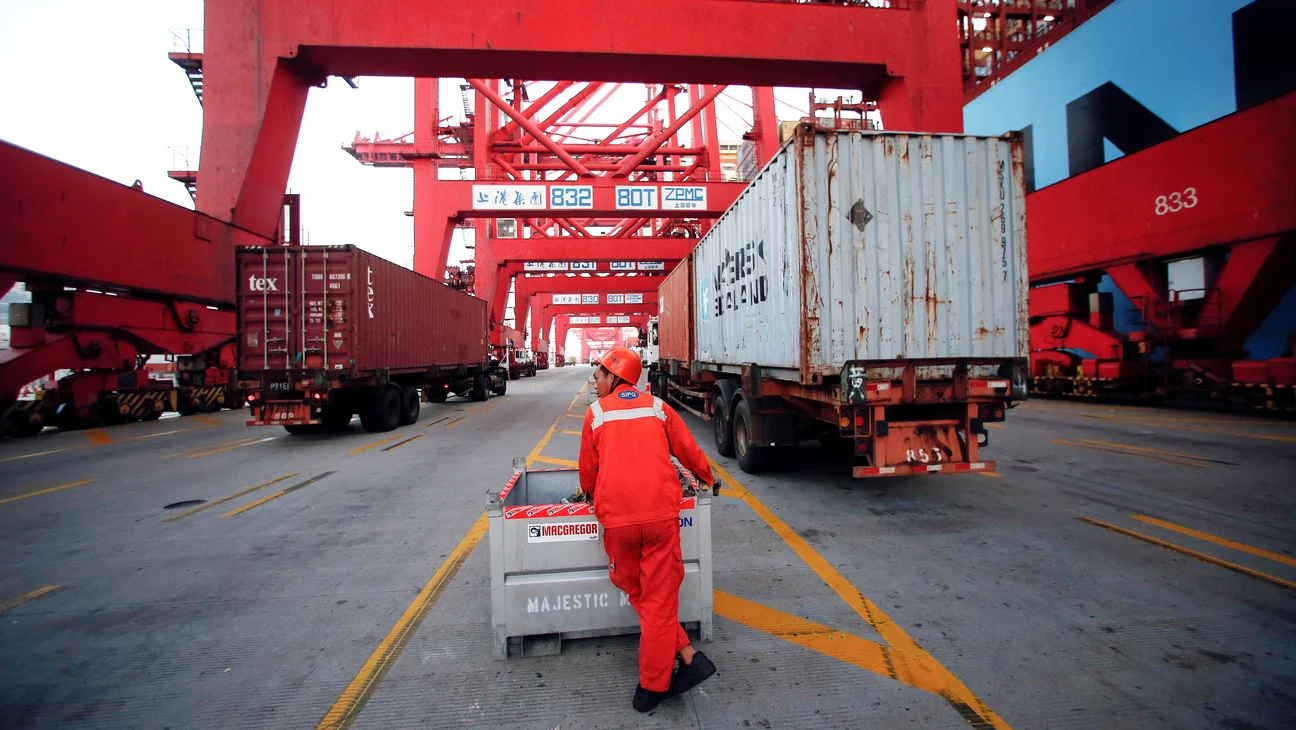China, with its population that exceeds 1.4 billion and India, with a population that exceeds 1.3 billion and is getting close to the 1.4 billion milestone, represent the world’s #1 and #2 nations by population and at the same time, countries that have grown tremendously from a GDP perspective and are poised to maintain their
Macroeconomics
Jul
- No Comments
China and Taiwan: Economic Strength vs. Geopolitical Vulnerabilities
As an analyst, one cannot help but be prudent when describing the relationship between China and Taiwan… or, to be more precise, relationships (plural) because, frankly, it’s very difficult as well as sub-optimal to treat the Chinese-Taiwanese status quo in a uni-dimensional matter. The most straightforward approach, in this author’s view at least, is seeing
Jul
- No Comments
Hu Jintao’s Conservative Balance-Oriented Leadership of China
Jiang Zemin left behind a China of contradictions in many respects. On the one hand, a nation that had experienced impressive economic growth but on the other hand, the frequently unsustainable nature of that economic growth came with its own set of problems, from externalities such as pollution to ideological inconsistencies (with many members of
Jul
- No Comments
Why You Should Care About the Shanghai Cooperation Organisation (SCO)
If you ask 10 relatively politico-economically literate individuals what NATO is, it is quite probable that 8 or 9 will know. Ask the same people what the SCO is and more likely than not, you’ll be on the receiving end of 10 shrugs. Yet despite its less than stellar notoriety outside diplomatic circles and despite
Jul
- 1 Comment
The (Surprising) Rule of Jiang Zemin
The term of Jiang Zemin, the let’s say successor of Deng Xiaoping, is fascinating to observe not because he has a similar legacy to put on the table (hint: he doesn’t) but rather because he was someone who was able to make the most of the cards he was dealt politically and as such, his
Jul
- 2 Comments
Deng Xiaoping and the Modernization(s) of China
As mentioned in our article about Mao Zedong, an attitude shift with respect to the proverbial West started taking place near Mao’s death but it was a fairly… well, let’s call it modest one. Not only was it modest, the reasons behind it were less related to the intention of embarking on a journey toward
Jun
- No Comments
Are Reforms (Still) Necessary in China?
As an outside observer, it’s hard not to succumb to the temptation of continuously praising China for its post-1978 economic results. Indeed, the reforms implemented by its post-1978 leaders, from Deng Xiaoping to Xi Jinping, have generated impressive economic growth in a way that past generations would have had difficulties even trying to comprehend. However,
Jun
- No Comments
Making Sense of China’s True Growth Potential?
There are perhaps three main aspects which make some analysts believe China doesn’t have all that much growth potential anymore: China currently has a very high nominal GDP (90 trillion Yuan for 2018, roughly $13 trillion), so how much room can there possibly be to continue not just growing but also outperforming other nations? As
Jun
- 1 Comment
Could China Be at the Center of the Next Monetary System?
For a reasonably long period of time, currencies were fully backed by gold or silver. In other words, a piece of paper money was simply a bank note (hence the name, an etymology long-forgotten as far as most people are concerned) that granted you the right to receive a certain amount of precious metals, should
Jun
- No Comments
China, the United States and the EU in the Context of the Next Financial Crisis
Never before has this much time passed between recessions than at this point, with the 2007-2008 Global Financial Crisis (commonly referred to as the Great Recession) seeming like a distant memory… this should mean it’s time to celebrate, right? After all, so much prosperity that will seemingly never end must be a good thing… or











